When State Department Legal Adviser John B. Bellinger III gave a controversial June 6 speech on the subject of “The United States and International Law,” he mentioned that the Bush Administration had “put forward a priority list of over 35 treaty packages that we have urged the Senate to approve soon, including the UN Convention on the Law of the Sea.” The latter is now up for Senate ratification, with a vote scheduled on Wednesday, and one of its many controversial provisions is the regulation of land-based sources of pollution. This treaty covers the water and the land. But now we have discovered that the Bush Administration has asked the Senate to ratify a treaty that defines one of those land-based sources of pollution as toilet flushing. No kidding.
For Cliff Kincaid's complete story see:
http://www.aim.org/aim_column/5859_0_3_0_C/
Posts and Comments from Readers
Please include yourself in the discussion. Post a comment.
Tuesday, October 30, 2007
Brown Shirts? Oh, Now I Get It, Duh!
Subscribe to:
Post Comments (Atom)












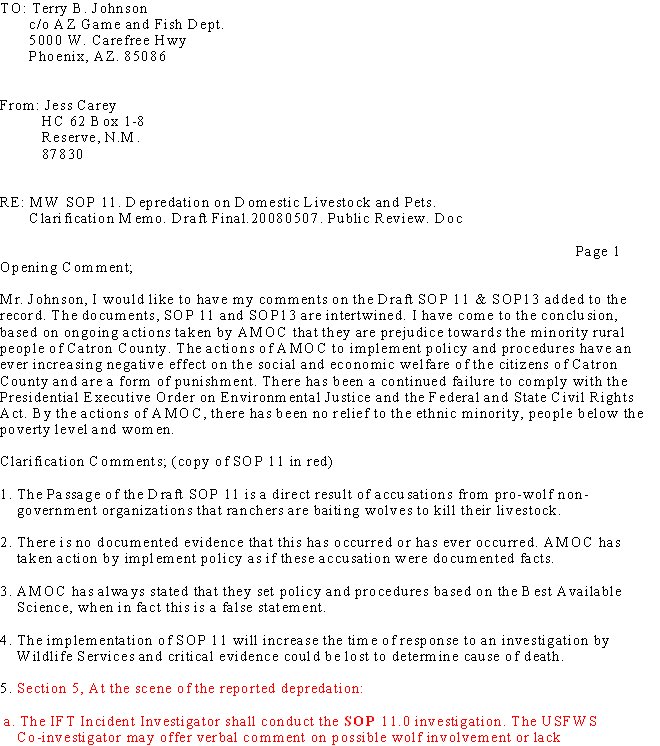
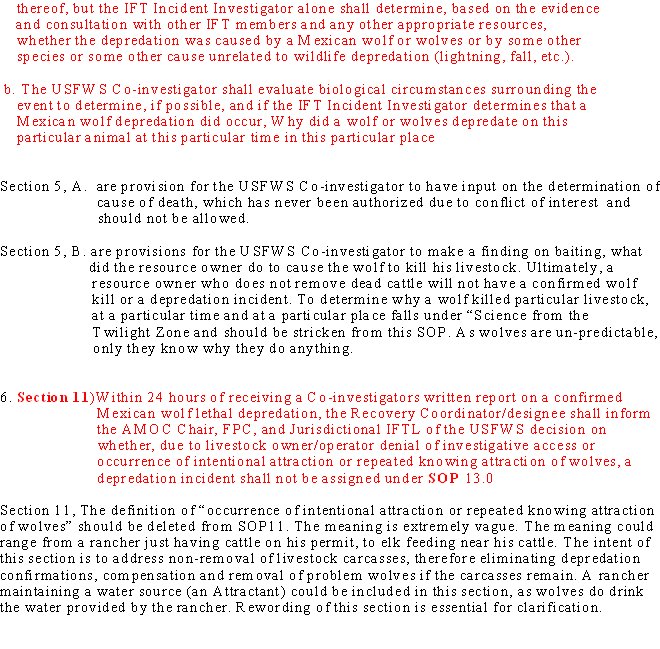
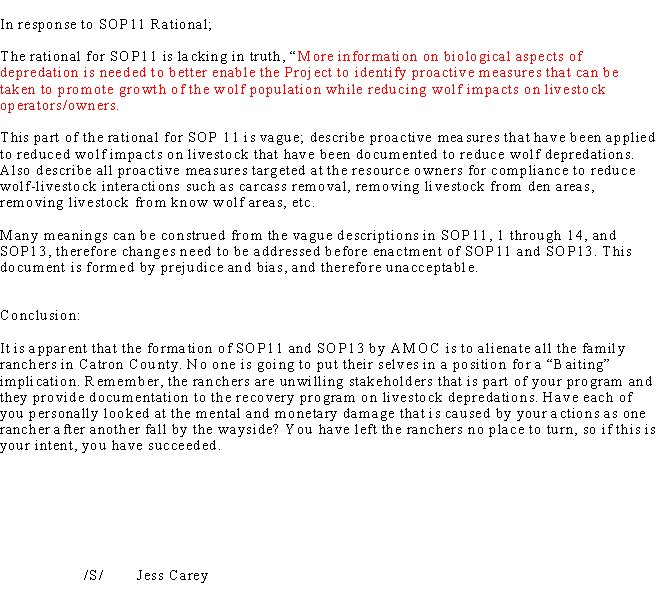




.jpg)


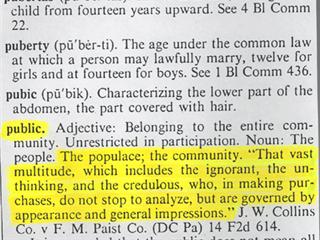









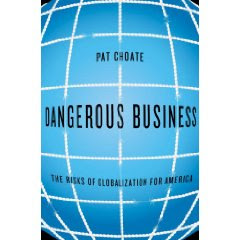





1 comment:
Bellinger has testified in support of the the UNCLOS Treaty before Congress where is remarks are 180 degrees from what he says in other venues:
http://www.state.gov/s/l/rls/86123.htm
The United States and International Law
June 6, 2007
John B. Bellinger III, Legal Adviser
Remarks at The Hague, The Netherlands
As my last major topic, I would like to describe in some detail how the U.S. legal system operates to enforce international law. Rather than leaving it to politicians to decide when to comply with our international obligations, our system goes to great lengths to attach serious legal consequences to international rules. My goal here is to clear up some common myths and misperceptions - including that international law is not truly binding in our system.
First, we should start with our Constitution. It declares that treaties are the "supreme law of the land" and assigns to the President the responsibility to take care that the laws are faithfully executed. This duty includes the upholding of such treaties. In addition, in many instances, our courts are authorized to apply and interpret international law. Indeed, our Supreme Court is increasingly confronted with cases involving international law.
In the United States we do, however, recognize a distinction between treaties that can operate immediately and directly in our legal system, without the need for an implementing parliamentary act, and treaties that require the Executive branch and Congress to take further steps to adopt a law. This distinction is not unknown on the continent either. When the European Communities joined the Uruguay Round Agreements, for example, there was an express provision that those obligations would not enter directly into force as European law. Our approach to these agreements is the exactly the same.
Let me give an example of how international obligations can be handled in our system. In the case of the Convention Against Torture, our Constitution already prohibited cruel and unusual punishment, which we interpret as encompassing torture. The United States directly enforces our obligations under Article 15 of the CAT by prohibiting the use of statements obtained through torture in legal proceedings, including military commission proceedings. Congress also adopted a statute imposing criminal sanctions on persons who commit torture, consistent with our obligations under the Convention. I should add that contrary to what you might hear from some critics, no one in the United States government has sought to disregard or avoid these obligations.
To take another example, the United States directly enforces the obligations of the Geneva Conventions, including by disciplining military personnel who violate those obligations. Moreover, Congress has enacted laws imposing criminal sanctions on U.S. nationals who commit a grave breach of these Conventions. Our military lawyers receive special training on the Geneva Conventions and work hard to uphold them wherever our forces are engaged in combat. Again, no one in our government has the authority to override these laws. Some critics have argued that even if we regard international law as binding, we don't give it the same stature as our domestic laws. They complain that we don't do enough to open our courts to private claims based on international law. I should note that we also get criticized for exactly the opposite reason: other countries argue that our generous approach to private litigation violates international law, even when the lawsuit itself rests on claims about international law.
Most people would agree that private litigation of international law disputes is a mixed blessing, especially in a legal system like ours. Some issues touch at the heart of foreign policy and are too important to be left to the vagaries of private suits. It therefore is not surprising that no country, to my knowledge, allows unlimited private litigation of international law.
Yet the United States does provide for substantial private enforcement of international law. Let me provide some examples. Our Congress has enacted legislation that allows private persons to sue for specific violations of international law, namely extrajudicial killings and torture. Most other countries limit redress of these international wrongs only to their criminal justice systems. Congress also opened our courts in some circumstances to claims for compensation based on expropriations of property that violate international law. And our courts will allow private parties to raise treaty issues in litigation, if the treaty clearly was intended to achieve this result.
Finally, let me respond briefly to a charge I have sometimes heard - that we hide behind our Constitution to avoid enforcing international law. This is a bit perplexing. After all, the principles of liberty and equality enshrined in our Constitution have helped inspire much of the international law of human rights that has emerged over the last sixty years. Our Constitution has contributed to the progressive development of international law, not held it back.
Still, our Constitution does require us to do certain things by congressionally enacted statutes, rather than by treaties. In particular, it requires a legislative act to impose a tax or create a crime. This reflects the critical role of the House of Representatives, which is more directly accountable to the electorate than the Senate or the President.
In addition, our Supreme Court has made clear that our Constitution protects certain core individual rights, including the right to a fair trial, to free speech, and to equal protection of the laws, from infringement by any legal act, including international rules. This practice also does not distinguish us from other countries. The German Constitutional Court, for example, in the several "Solange" decisions has upheld exactly the same principle. In those cases, decided over decades, the German Court repeatedly ruled that it, and not the European Court of Justice, has the final authority to determine whether the European treaties comply with the fundamental provisions of the German Constitution. Similarly, our highest court must have the final say when safeguarding the fundamental rights enshrined in our Constitution.
And, as I noted above, far from shielding the United States from international law, our Constitution expressly recognizes treaties as the law of the land. It also authorizes Congress to define and punish offenses against the law of nations. Our Constitution does not prescribe isolationism. To the contrary, it promotes our active participation in the development and enforcement of international law.
In sum, the United States does treat international law as real law, is serious about its international obligations, and, through its legal system, assigns courts to play an important role in international law enforcement.
Post a Comment